The Economist General Counsel Summit in New York brought together senior legal leaders navigating uncertainty, opportunity, and the pressure to prove business impact. Our Paragon team came away with candid insights from general counsel, legal operations leaders, and executives on what’s truly top of mind right now.
1. AI Adoption Is Uneven, but Realism Is Taking Hold
AI dominated conversations, but implementation remains inconsistent. Some legal teams haven’t even set up usage policies or professional accounts, while others have invested in tools like Harvey and GC AI and are hosting hackathons to test use cases and drive engagement.
“The AI experience seems all over the board,”
said Shannon Murphy, VP of Recruiting at Paragon.
“People want peer reviews and clear use cases for easy deployment.”
Compared to last year, the tone has shifted from hype to pragmatic realism. Legal teams shared concrete examples of AI use in fraud detection, diligence automation, and contract analysis, but adoption remains incremental rather than transformational.
“More teams are taking action with AI than this time last year,”
said Trista Engel, CEO of Paragon.
“But for most, adoption is still limited and focused on specific use cases rather than meaningful transformation.”
Many legal departments remain deep in CLM implementations, often hoping those platforms will unlock practical AI capabilities to help them scale intelligently.
2. From Pilots to ROI
While AI adoption is still uneven, ROI is becoming the central question. Legal teams are moving beyond exploration and asking what value their pilots are actually delivering, whether in time saved, efficiency gained, or smarter allocation of resources.
“Teams are still experimenting, but ROI is coming into focus,”
said Brian Bell, Business Development Manager at Paragon.
“The conversations are shifting from ‘Should we use AI?’ to ‘Where is it truly creating measurable impact?’”
Risk still runs through the conversation: questions of data usage, AI trust, and brand reputation mean AI isn’t just a technology decision; it’s a business identity decision.
3. Cautious Posture Toward the Administration
GCs are conservative about public positions to avoid becoming targets, unlike earlier eras (e.g., George Floyd, #MeToo) when companies spoke out loudly.
“Legal teams are being thoughtful about when and how to engage,”
noted Shannon Murphy, VP of Recruiting at Paragon.
“It’s not about disengagement, it’s about minimizing exposure and staying focused on what’s defensible.”
Rather than issuing broad statements, many companies are prioritizing quiet, strategic advocacy behind the scenes, maintaining open lines with regulators and policymakers while avoiding unnecessary spotlight.
4. Tariffs and Enforcement Risks: How Companies Are Navigating the Administration Differently
Companies assume tariffs, or threats of them, will persist for the next three years. Some companies can pivot quickly, while others cannot. Onshoring in that window is unlikely, so sourcing and operations must get creative.
“Companies are making practices defensible and keeping the Administration looped in on big M&A to mitigate risk,”
said Trista Engel. Many are bypassing traditional government channels in favor of direct outreach to the president and intermediaries with personal connections. The goal: to reduce scrutiny, secure goodwill, and navigate shifting enforcement priorities in real time.
5. The GC Role Keeps Expanding
GCs described themselves as both “chief reputation officer” and “VP of fix it and make things happen.” In an environment where regulatory and political rules shift constantly, many emphasized anchoring decisions in core values. As Trista Engel noted,
“Values-based consistency offers stability when everything else is uncertain.”
As Brian Bell, Business Development Manager at Paragon, observed,
“While legal ops still feels new, the real opportunity for GCs is to borrow proven strategies from operations, rightsourcing, smarter negotiation, and better data, to lead more efficiently and become trusted business partners.”
The Bottom Line
Legal leaders are focused on pragmatism: testing AI with clear ROI in mind, staying cautious in the regulatory spotlight, and navigating tariffs and enforcement risk with creativity. The GC role continues to expand, even as hot-button topics like DEI take a quieter place in the dialogue.


